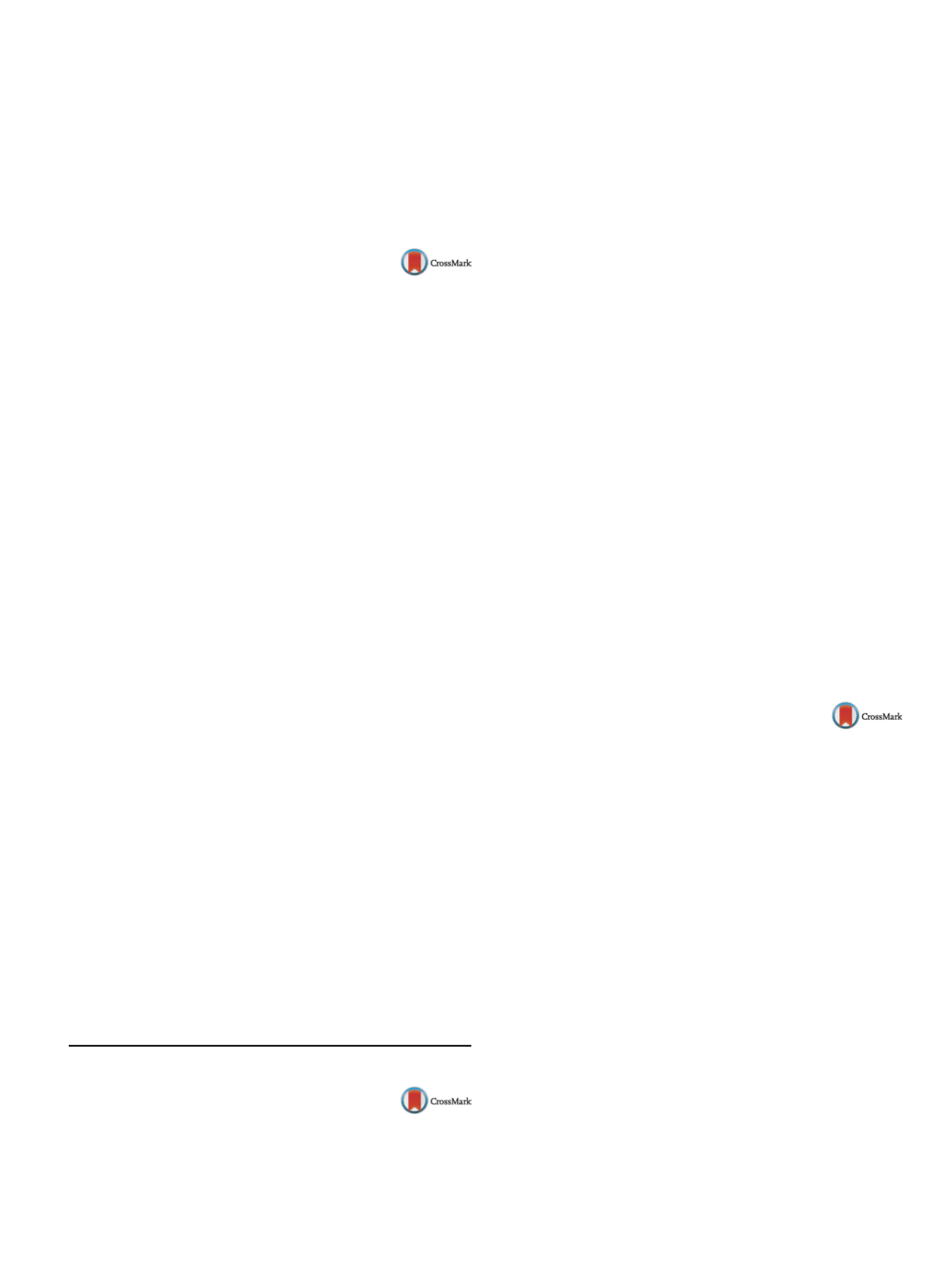

25th European Congress of Psychiatry / European Psychiatry 41S (2017) S69–S105
S101
reflect the relevance of resilient coping in the activation of non-kin
relationships in old age.
Keywords
Personal social networks; Ego-centred networks;
Resilient coping; Elderly
Disclosure of interest
The authors have not supplied their decla-
ration of competing interest.
http://dx.doi.org/10.1016/j.eurpsy.2017.01.311O090
Being afraid of compassion: Fears of
compassion as mediators between
early emotional memories and
psychopathological symptoms in
adulthood
M. Matos
∗
, J. Duarte , J. Pinto-Gouveia
University of Coimbra, Cognitive and Behavioral Centre for Research
and Intervention CINEICC University of Coimbra, Coimbra, Portugal
∗
Corresponding author.
Introduction
There is evidence suggesting that for some individ-
uals self-generating compassion and being open to compassion
from others can be difficult or aversive. To date, however, no study
has explored how these fears of compassion are associated with
early emotional memories, such as shame or safeness memories,
and to symptoms of depression and anxiety in adulthood. The cur-
rent study set out to investigate the mediator effect of fears of
compassion on the relationship between the traumatic and cen-
trality features of shame memories, early memories of warmth and
safeness, and symptoms of depression and anxiety.
Method
In this cross-sectional study, participants were 302 indi-
viduals (171 women; age M= 36.28; SD = 11.45) recruited from the
general community population, who completed self-report meas-
ures of fears of compassion (for self, for others and from others),
shame memories, safeness memories, depression and anxiety.
Results
Path analysis showed that fears of compassion for self and
of receiving compassion from others mediated the effects of shame
traumatic memory, centrality of shame memory and early memo-
ries of warmth and safeness on depressive and anxiety symptoms.
Fear of compassion for self was the best predictor of depression and
anxiety.
Conclusions
Fears of compassion may render an individual more
vulnerable to defeat and threat responses when faced with stress-
ful life events, which can manifest as symptoms of depression or
anxiety. Clinical implications might be derived from these findings
as these fears, as well as the negative emotional memories fuelling
them, may need to be addressed in therapy to assist patients in
self-generating and receiving compassion.
Disclosure of interest
The authors have not supplied their decla-
ration of competing interest.
http://dx.doi.org/10.1016/j.eurpsy.2017.01.312Oral communications: Rehabilitation and
psychoeducation and schizophrenia and other
psychotic disorders
O091
Genetic counselling in psychiatric
disorder with high suicide risk
D. Cozman
1 ,∗
, R. Moldovan
2, B. Nemes
11
Iuliu Hatieganu University of Medicine and Pharmacy Cluj-Napoca,
Department of Medical Psychology, Cluj-Napoca, Romania
2
Babes-Bolyai University Cluj-Napoca, Psychology, Cluj-Napoca,
Romania
∗
Corresponding author.
Introduction
A better understanding of the genomics of mental
illnesses allowed genetic counselling to be provided to individuals
with severe mental illness and their families.
Aim
The present study was aimed at assessing the efficacy of
genetic counselling for severe mental illnesses with high suicide
risk.
Method
Assessment was performed before and after genetic
counselling session. Measures used were evaluation of traumatic
events in childhood, multidimensional scale for perception of social
support (SMSSP), positive and negative affect schedule (PANAS-
X), Brief Psychiatric Rating Scale (BPRS), Paykel questionnaire and
Genetic Counselling Outcome Scale (GCOS). Paykel’s questionnaire
consists of five questions about suicidal thoughts and attempts,
including: life-weariness, death wishes, suicidal ideation, suicidal
plans and suicide attempts. Intervention and assessment lasted
approximately one and a half hour. Data from 48 patients was
analysed.
Results
Mean age of participants was M= 38.4, SD = 9.7, and the
group was batter represented by females (57%). The participants
had various diagnoses, 22% had schizophrenia, 36% bipolar disorder
and 42% recurrent depressive disorder. Forty percent of partici-
pants reported suicidal ideation and 22,5% had a past history of
suicide attempt. Genetic counselling had a direct positive influence
upon GCOS specific items and reduced the Paykel scores among
participants presenting with suicidal ideation.
Conclusion
Genetic counselling offers information about the dis-
order, the role of genetics and the impact of environmental
factors. Preliminary data suggest that providing genetic counselling
decreases the suicidal ideation frequency.
Disclosure of interest
The authors have not supplied their decla-
ration of competing interest.
http://dx.doi.org/10.1016/j.eurpsy.2017.01.313O092
Analysing CYP2D6*4 Allele frequency
in patients with schizophrenia
V. Djordjevic
1 ,∗
, T. Jevtovic Stoimenov
21
Clinical center Nis, Daily hospital, Nis, Serbia
2
Medical Faculty, Institute of Biochemistry, Nis, Serbia
∗
Corresponding author.
Introduction
Schizophrenia is treated with antipsychotics and
other psychotropic medications, many of which are substrates for
the highly polymorphic CYP2D6 enzyme. Themost frequent variant
allele is CYP2D6*4- leading cause of poor metabolism (PM) pheno-
type. PM causes the reduction of therapeutic response, increase the
risk of adverse drug reactions and increase the plasma concentra-
tion of both drug and its metabolites above the levels of toxicity.
The Aim
Analysing CYP2D6*4 allele frequency among
schizophrenic patients for further individualisation and ratio-
nalisation of therapy.
Patients and methods
Research was conducted on 38
schizophrenic patients and 110 healthy individuals. CYP2D6*4
allele was detected with allele specific PCR.
Results
Bothwild type allele carriers are 55% of the schizophrenic
patients, 45% are wild type/*4heterozygous, and *4/*4 homozygous
are not identified. There is a statistically significant difference in the
genotype distribution (
P
< 0.05) between schizophrenic patients
and healthy individuals. Significantly higher *4 allele frequency
(37%) comparing to healthy individuals (
P
< 0.0001) indicates the
necessary caution in administration of CYP2D6 substrates. A lower
frequency of PMs in schizophrenic patients than in healthy indi-
viduals could be explained with CYP2D6 neuroactive substrate
metabolism. Forty-five percent of the schizophrenic patients are
intermediate metabolisers carrying the higher risk of adverse


















